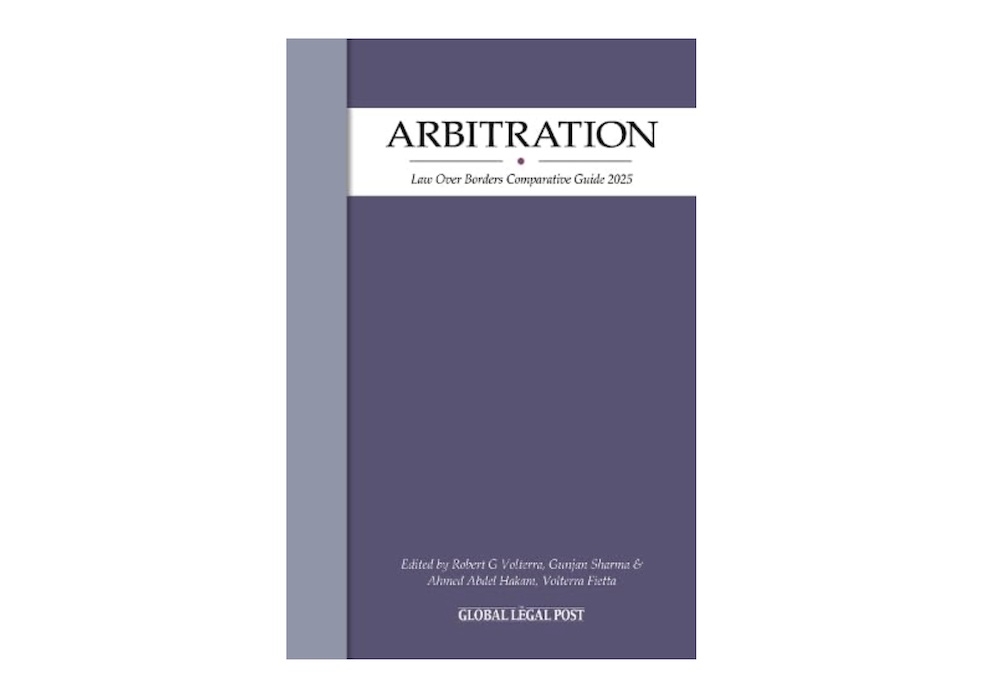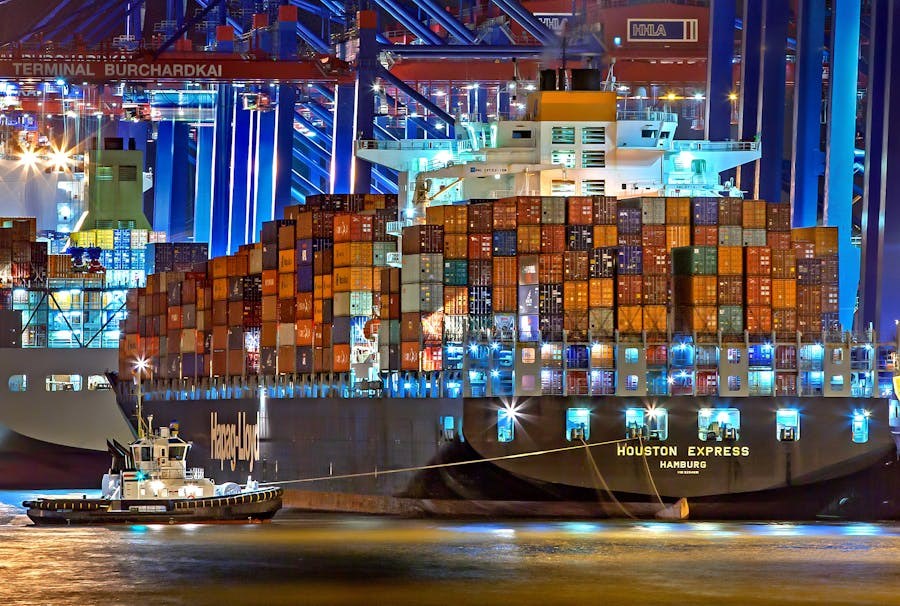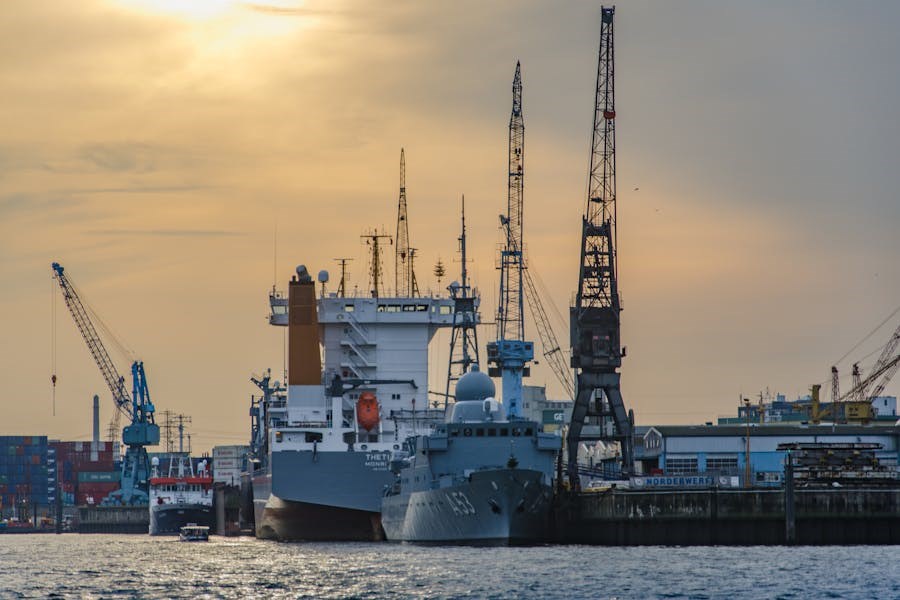Launched in October 2024, the UK Office of Trade Sanctions Implementation (“OTSI”) signals a transformative shift in the enforcement of trade, aviation and shipping sanctions. OTSI holds wide-ranging civil enforcement powers set out in The Trade, Aircraft and Shipping Sanctions (Civil Enforcement) Regulations 2024 (“TASSCER”) – signalling the UK’s shift in approach towards a stricter trade sanctions regime.
The OTSI
The formation of OTSI, as part of the UK Department of Business and Trade, comes at a time when economic sanctions have emerged as powerful tools in international diplomacy, enabling governments to address geopolitical issues without direct military intervention. A key agenda for the OTSI is to support UK businesses with sanctions compliance, ensuring they understand their obligations and addressing potential breaches in civil enforcement for trade-related sanctions where goods and services remain outside UK borders. OTSI collaborates with HMRC, which handles criminal enforcement for the import/export of goods and services, including technology and finance linked to trade. Equally, OTSI works in close coordination with the Export Control Joint Unit (“ECJU”), responsible for overseas export controls such as licensing services.
A closer look at the OTSI’s powers
OTSI has a broad mandate that includes overseeing and enforcing UK trade, aviation and shipping sanctions, with the authority to:
- Impose monetary penalties
A significant feature of OTSI’s enforcement model is its adoption of a strict liability standard for penalties. Under strict liability, OTSI can impose civil penalties on entities for sanctions breaches without needing to prove intent or negligence. This approach allows for swift action in cases where sanctions are breached, simplifying the enforcement process by focusing on the act of breach itself rather than the intent behind it. The maximum penalties OTSI can impose are substantial, reaching up to £1 million or 50% of the value of the breach, depending on which is higher. This aligns the OSTI’s powers with the Office of Financial Sanctions Implementation’s (“OFSI”) civil penalties for financial sanctions breaches.
- Mandatory Reporting and Information Gathering
Businesses in specific high-risk sectors—including financial services and legal practices—are required to report any suspected sanctions breaches to OTSI. These obligations apply equally to the aircraft and shipping sectors. Additionally, OTSI has the authority to demand detailed information from organizations to aid investigations. Non-compliance with these requests, or failure to report breaches, may result in severe penalties or imprisonment in serious cases, emphasising the necessity of compliance. These powers allow OTSI to investigate effectively and maintain a high level of transparency across UK industries.
- Public Disclosure of Violations
Public exposure not only impacts a company’s reputation but can also lead to a loss of trust with clients, suppliers and stakeholders. OTSI’s mandate includes the ability to publicly disclose sanctions breaches, a tactic aimed at enhancing deterrence. The purposes for which such information may be disclosed, and who it can be disclosed to, are limited by the TASSCER. This aligns with the enforcement approach of the OFSI, where breaches are often made public.
Global Context and the UK’s Position
OTSI’s strict liability and public disclosure powers align with similar trends in other jurisdictions. The United States, for instance, operates a robust sanctions regime under the Office of Foreign Assets Control (“OFAC”), which also imposes strict liability for sanctions violations. The European Union (“EU”) likewise enforces sanctions across member states, albeit with some variations in enforcement approaches. By adopting a similarly stringent approach, OTSI reinforces the UK’s commitment to enforcing global sanctions, thereby supporting international security and stability. It remains to be seen if the OTSI’s introduction would lead to dramatic changes to the UK’s enforcement landscape. For now, it is known that the OTSI has issued its first civil fine under the Russia (Sanctions) (EU Exit) Regulations 2019.
For businesses, this underscores the importance of building compliance frameworks that are robust, agile and able to meet the demands of a complex global sanctions landscape. Navigating these regulations is essential not only for avoiding penalties but for maintaining integrity and reputation in a highly scrutinised area of international business.
For further information, please contact info@volterrafietta.com.



